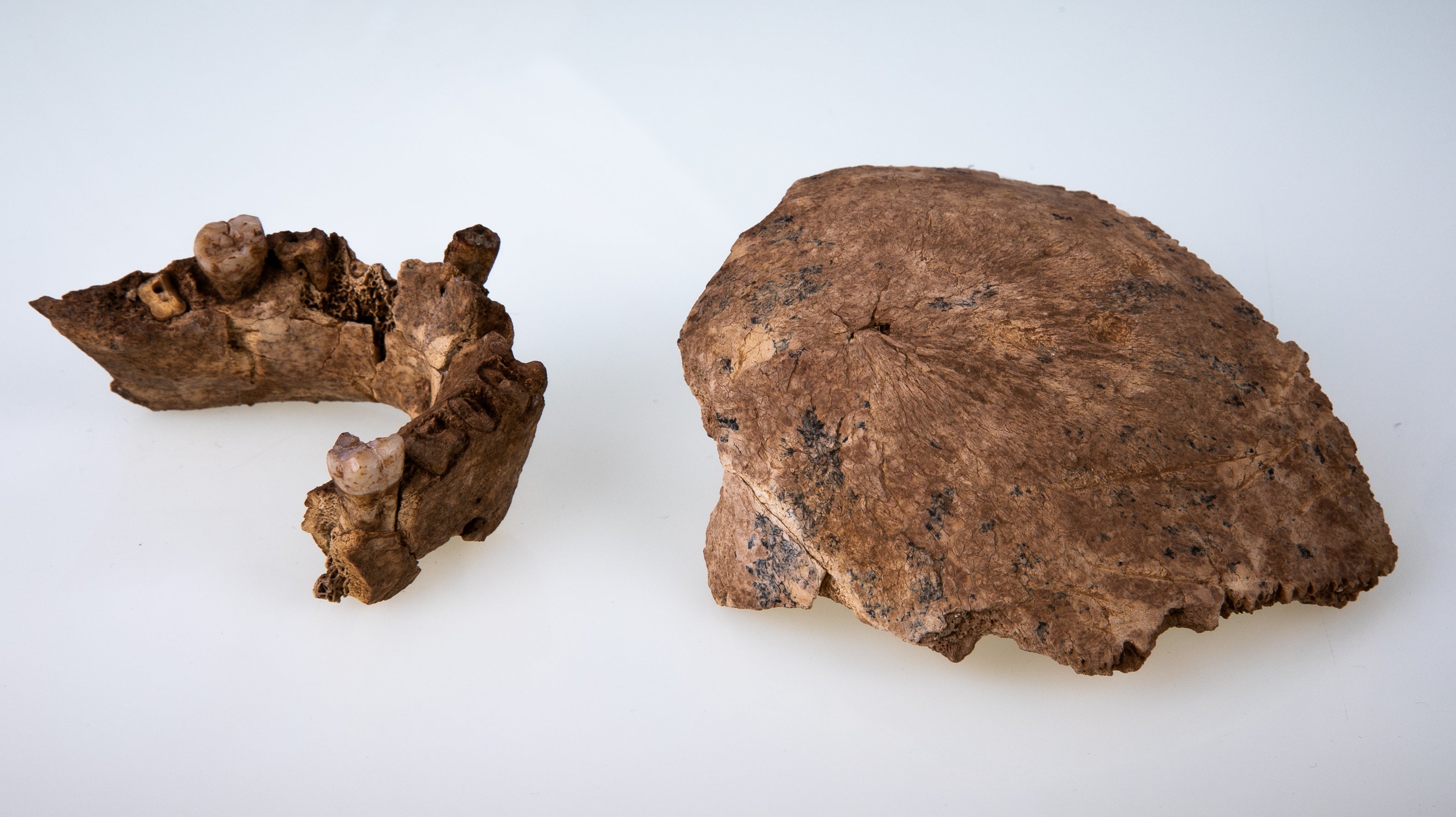Researchers identify a new type of early human with no chin and large teeth from around 400,000 years ago
‘The discovery of the Nesher Ramla site writes a new and fascinating chapter in the story of human kind’, Celine Wadhera writes

Researchers in Israel have identified a new type of early human, thought to be the ancestor of Neanderthals, and a missing link in the story of human evolution.
Human fossils, animal bones and stone tools were found at a prehistoric site in the mining area of the Nesher cement plant near the city of Ramla, Israel.
An international team of anthropologists and archaeologists, led by researchers from Tel Aviv and Jerusalem, determined that the human bones belonged to a new, previously unidentified type of Homo sapiens.
Subscribe to Independent Premium to bookmark this article
Want to bookmark your favourite articles and stories to read or reference later? Start your Independent Premium subscription today.
Join our commenting forum
Join thought-provoking conversations, follow other Independent readers and see their replies